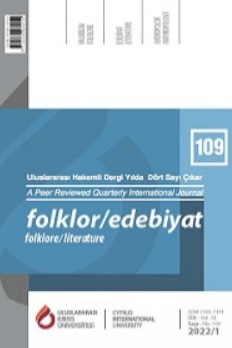Tying Memories into a Pattern: William Golding’s Free Fall as Autobiografiction and Trauma Narrative
Tying Memories into a Pattern: William Golding’s Free Fall as Autobiografiction and Trauma Narrative
Author(s): Mustafa KircaSubject(s): Theory of Literature, British Literature
Published by: Uluslararası Kıbrıs Üniversitesi
Keywords: William Golding; Free Fall; trauma; autobiographical memory; autobiografiction; fiction of memory; the vollendungsroman;
Summary/Abstract: William Golding’s 1959 Free Fall depicts the narrator/character Samuel Montjoy’s retrospective interrogation of his past in his “non-chronological” autobiography to understand his present self. His first-person narration is a journey into his memories presented according to their importance for him at different stages of his life (the narrated self) and shows the role of memory in shaping the present self (the narrating self). The narrator regulates his memories to conceive a coherent pattern in his autobiographical account which will also give meaning to his life and help construct a unified identity. However, he adopts a structure that has to rely on his remembering/forgetting, which problematizes the idea of constructing the self through unreliable memory. With this quality of the novel as an early example of the “fiction of memory,” Golding’s text is inventive and looks forward to contemporary narrative approaches to autobiographical writing. Free Fall has been widely studied as an existentialist novel due to the novelist’s questioning the concepts of freedom to choose and fall through the protagonist’s quest for self-knowledge. However, the aim of this study is to analyse Golding’s work as autobiografiction and trauma narrative where the text presents an account of the protagonist’s attempt for reconstructing the self through memories subject to his modifications and offers the therapeutic use of his self-narration.
Journal: Folklor/Edebiyat
- Issue Year: 28/2022
- Issue No: 109
- Page Range: 155-168
- Page Count: 14
- Language: English

